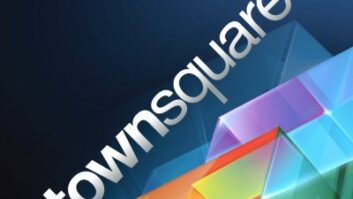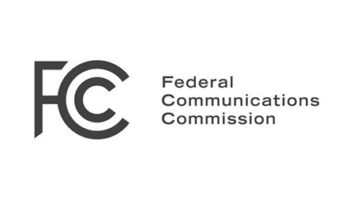WASHINGTON�In November 2014, a group of nine broadcasters filed a Petition for Class Waiver of Section 317 of the Communications Act, and Section 73.1212 of the FCC�s rules, to alter the sponsorship identification disclosure rules. The broadcasters seek to shift their primary sponsorship identification disclosure requirements to their station websites and to only be required to run a notice once daily.
The Petition is classified as a waiver in order to fit it within a provision of Section 317 of the Communications Act, which permits the FCC to waive the sponsorship ID rule for a �case or class of cases,� if the public interest would be served. According to the petitioners, the proposed modifications would apply to a �class� of stations that air sponsored music and/or sports programming. Previously, the FCC granted requests for the waiver of Section 317 for two other classes � feature motion picture film producers and individuals placing classified ads.
The proposed waiver would apply to radio stations that air music and/or sports programming. The petitioners argued that the proposed rules would be more flexible and would lead to fewer interruptions. Also, the proposed rules would provide more information than what is currently aired on stations, although listeners would need to access the station�s website to obtain the information.
The proposal would permit a licensee to run a daily on-air announcement, which indicates that certain programs are being sponsored, the identity of the sponsors, and direct the listener to the station�s website for more information. The daily on-air announcement would be required to air between 6 a.m. and 7 p.m., seven days a week.
The enhanced website disclosures would provide information regarding the person or entity sponsoring a particular program, list all programs that had been sponsored by that person or entity, list the artists and songs or sports teams that were featured during the sponsored programming, and the type of consideration that was paid by the person or entity sponsoring the programming, and the type of consideration that was paid by the radio station in return. The petitioners have specifically carved out of the amount of consideration that was involved in the sponsorship, noting that the disclosure of the amount of consideration has never been required.
In order to prepare the public for this proposed shift in sponsor ID disclosures, the petitioners proposed a three-week �public education� period. During this period, a station or group of stations seeking �class� status would be required to air four listener educational announcements each day.
Announcements during the week would be aired during morning and evening drive time, and one each between 10 a.m. and 3 p.m. On weekends, the announcements could be aired between 6 a.m. and midnight, but one would have to be aired between noon and 2 p.m. The announcements would contain information that the station in question airs sponsored programming, and that additional information regarding the specific program, its sponsors, and other information is available on the station�s website.
Upon initial review, the petitioners may have a difficult time convincing the FCC that it should exercise its discretion to waive Section 317 of the Act and Section 73.1212 of its rules. The largest hurdle is that the petitioners have defined the exempted �class� as all broadcasters that provide music programming and/or sports programming.
While the talk radio format is popular, music and sports programming comprise a large majority of the available programming. Thus, the petitioners will likely need to convince the FCC that exception will not overwhelm the rule, and that the public interest would be served by shifting the disclosure requirements from on-air to the station�s websites.
The FCC released a public notice seeking comment on the Petition. Comments were to be filed by April 13, 2015, and reply comments are due May 12. If the FCC receives sufficient comments to reach an initial decision to proceed, it will then release either a Notice of Inquiry or Notice of Proposed Rulemaking, seeking additional comment.
Petro is of counsel at Drinker Biddle & Reath LLP. Email: [email protected].
�
FCC DEADLINES:
June 1, 2015?�?Stations in Arizona, Idaho, Maryland, Michigan, Nevada, New Mexico, Ohio, Utah, Virginia West Virginia, Wyoming and the District of Columbia must place their Annual EEO Public File Reports in the station�s public inspection file.
June 1, 2015?�?Noncommercial stations in Arizona, Idaho, Maryland, Nevada, New Mexico, Utah, Virginia, West Virginia, Wyoming and the District of Columbia must file Biennial Ownership Reports with the FCC.
June 1, 2015?�?Radio stations with 11 or more full-time employees in Maryland, Virginia, West Virginia and the District of Columbia must file a Broadcast Mid-Term Report (FCC Form 397) with the FCC.











